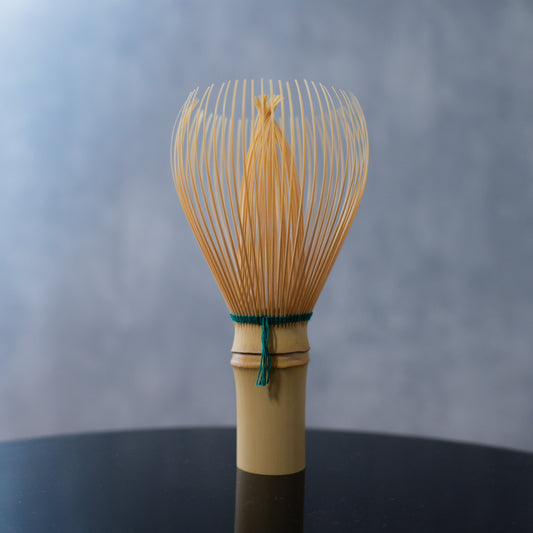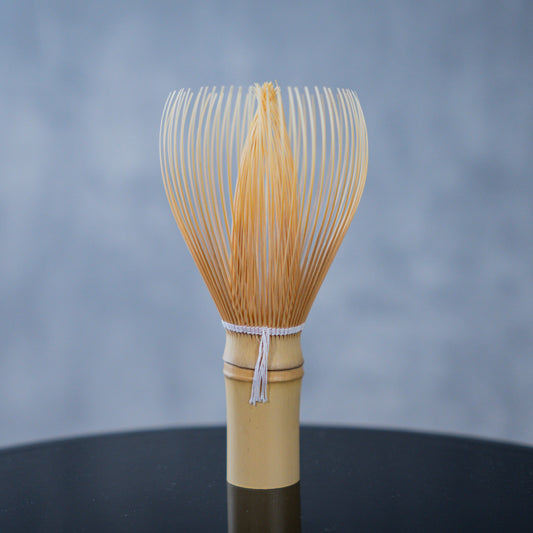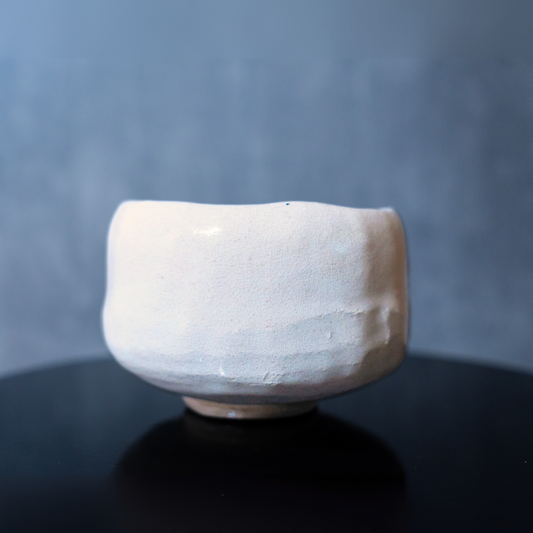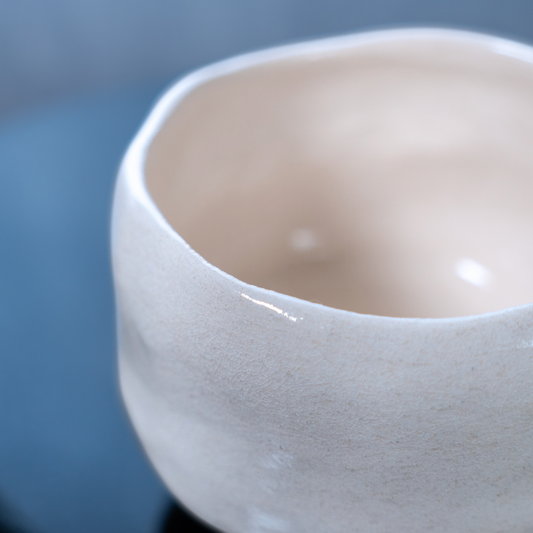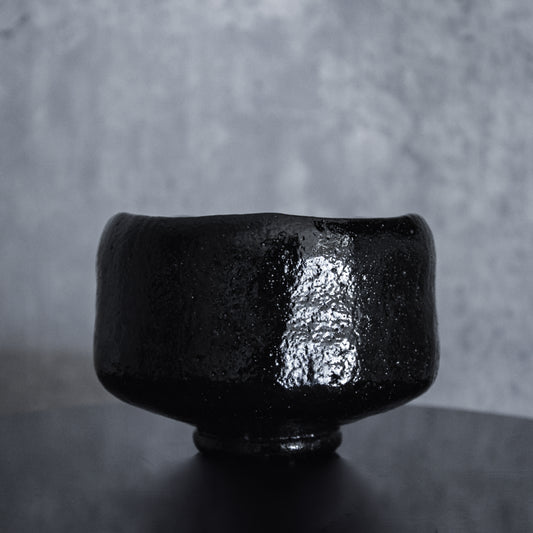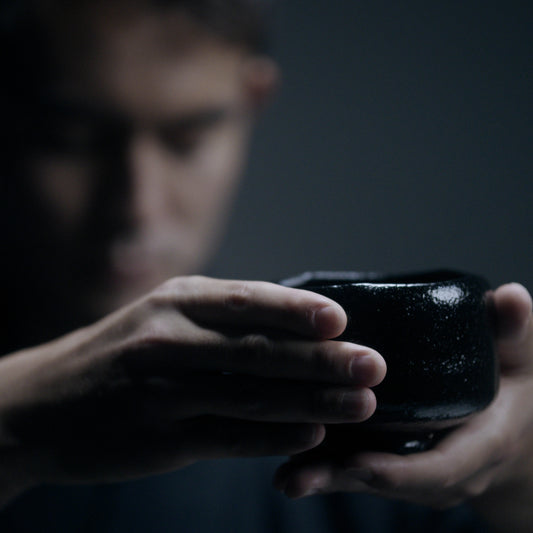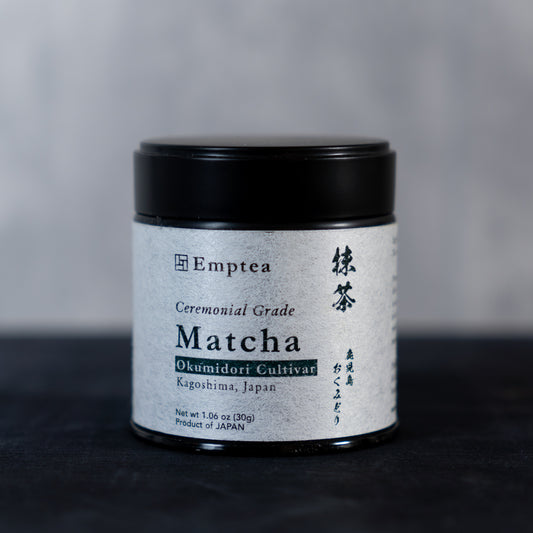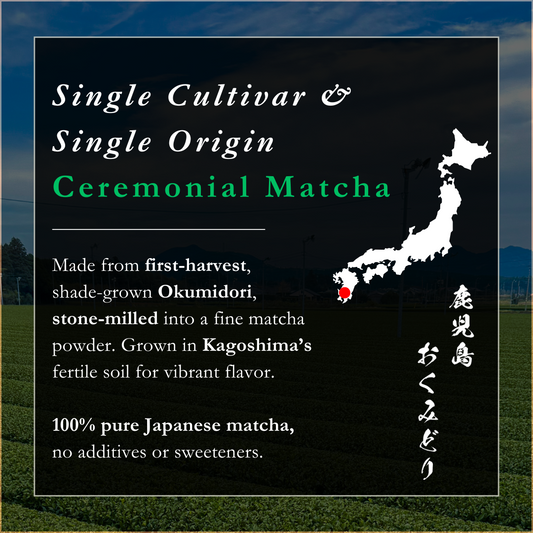The quality of your matcha isn't just about the tea; it's also about the water. Optimal brewing requires soft water, with a hardness of less than 100 mg/L, which refers to the concentration of magnesium and calcium ions in the water, ideally between 30-80 mg/L.
Water hardness, measured by the amount of dissolved calcium and magnesium ions in 1000 ml of water. The World Health Organization (WHO) sets guidelines for drinking water quality:
- Soft water - 0-60 mg/liter
- Medium soft water - 60-120 mg/liter
- Hard water - 120-180 mg/liter
- Very hard water - 180 mg/liter or higher
Differences in hardness are said to significantly impacts the aroma, color, and flavor of water.

Tokyo and New York City enjoy soft water, usually 10-30 mg/L, accentuating matcha's delicate flavors. In contrast, Los Angeles's water tends to be moderately hard to hard, ranging from 100 to 250 mg/L, influencing matcha brewing. Fortunately, even in regions with hard water, a water purifier can transform it into the softer variety preferred for matcha brewing.
In regions where tap water is treated with chlorine, such as Japan and many other countries, it's essential to eliminate any lingering chlorine aroma before brewing matcha. Boiling tap water for 2-3 minutes or by using a water purifier to achieve this, ensuring a taste and enhancing the matcha experience.
Japan's reverence for matcha extends to its choice of water, with several renowned sources celebrated for their compatibility with the tea ceremony. Among these, three historical "Meisui" from Kyoto stand out: Somei, Samegai, and Agatai. These "Meisui," or famous waters, hold a revered status in Japanese culture and are cherished for their purity and traditional significance.
Somei

Nestled within the precincts of Nashiki Shrine, Somei stands as the sole surviving well among Kyoto's trio of famed waters, boasting a history of over 1,000 years. Each day, visitors flock to draw water from this ancient source, preserving its legacy as a cherished symbol of Kyoto's cultural heritage.
Samegai
Once hailed as the epitome of water quality by esteemed tea masters, Samegai's crystal-clear springs were renowned throughout Japan. Despite its well disappearing in World War II, a stone marker honors its lasting legacy and impact on Japan's tea culture.
Agatai
Once a sacred site for purification rituals, Agatai's well holds tales of legendary waters rumored to have blessed royal birthing baths. Despite now lying dry, its legacy endures as a testament to Japan's cultural reverence and tradition.



